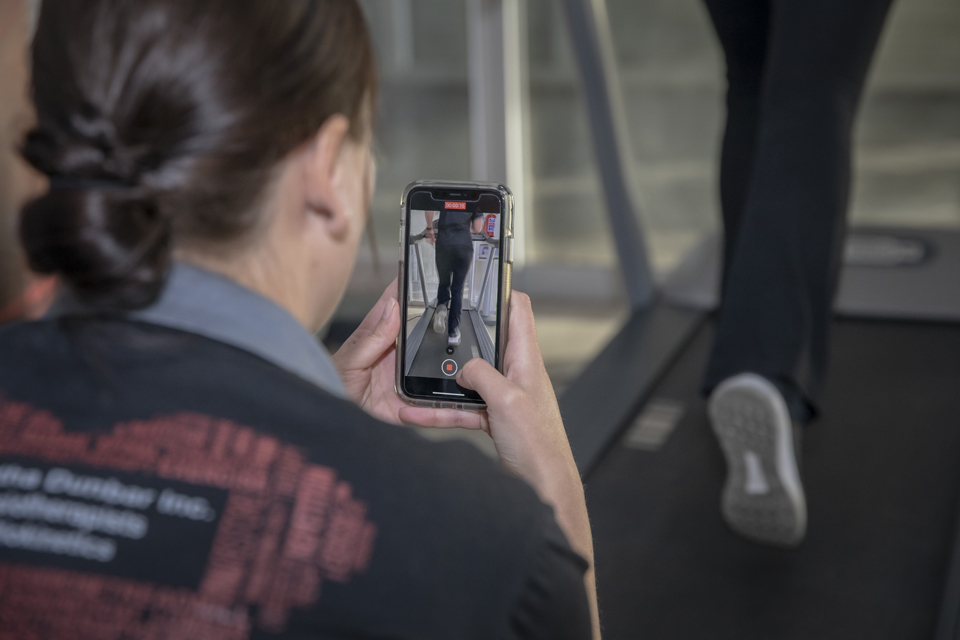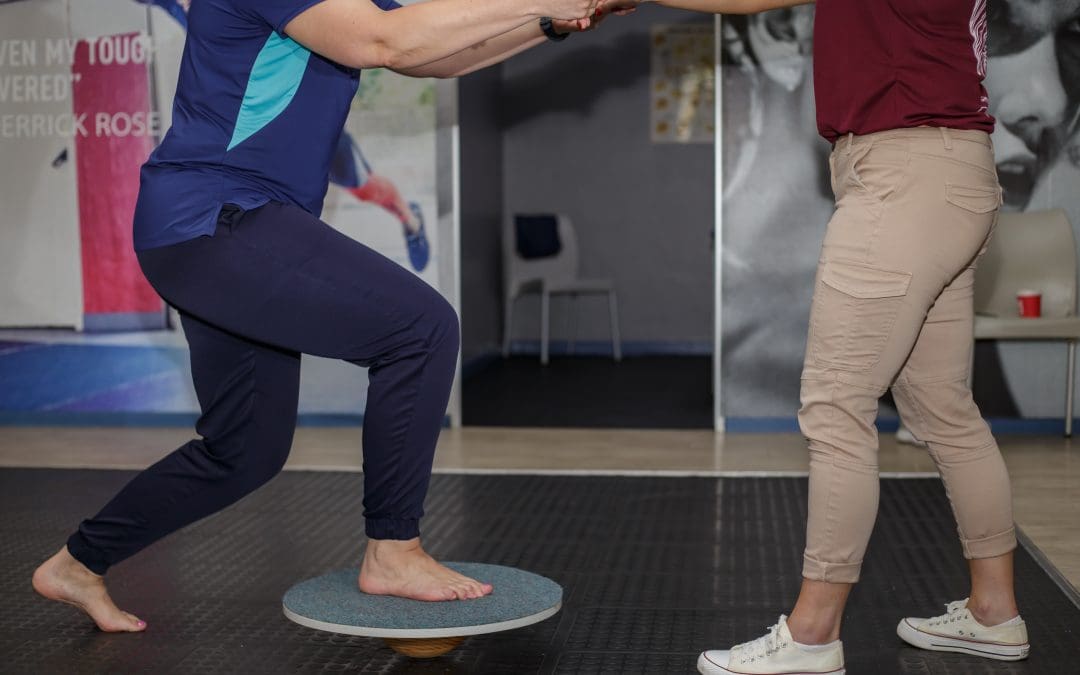
Benefits of post-operative rehabilitation:
Prevents and addresses post-operative complications.
Aids in healing.
Assists with pain management.
Assists with swelling management.
Assists with scar formation.
Restores joint and muscle range of motion.
Restores and improves muscle strength.
Restores and improves cardiovascular fitness.
Restores and improves balance.
Allows you to return to your highest functional level, including return to sport.
What can I expect for my post-operative rehabilitation?
Soft tissue release.
Joint mobilisation.
Scar massage.
Dry needling.
Taping.
Electrotherapy modalities.
Shockwave therapy.
Neural glides.
Range of motion, stretching, strengthening and balance exercises.
Breathing exercises.







